The BGS Volcanology group are supporting a variety of projects under the ODA programme that are building partnerships, sharing knowledge and enhancing our understanding of hazards and risks.
By their nature, volcanoes are multi-hazard environments and we are working globally to develop methods and approaches that are transferable to other settings or other hazard types.
One of the significant challenges when dealing with hazard and risk is scarce data and accounting for uncertainties. We are developing tools and approaches to help tackle this issue; for example, we are using expert elicitation, designing and populating event trees and developing novel approaches to identify volcano analogues. We are also developing tools to investigate and demonstrate uncertainties associated with modelling of volcanic processes (for example, ash dispersal modelling).
Project examples
Ethiopia
In Ethiopia, we are supporting partnerships alongside the NERC RiftVolc project to exchange knowledge of hazards and risk and identify strategies to reduce risk. We are working with partners, from community to national level, to enhance the capacity of geoscience stakeholders to plan for, respond to and recover from disasters through co-designed research projects, training and capacity building, knowledge exchange and co-production of hard and soft tools. This research is a collaboration between the BGS and many partners both in Ethiopia (Geohazard risk in the East African Rift) and the UK (RiftVolc).
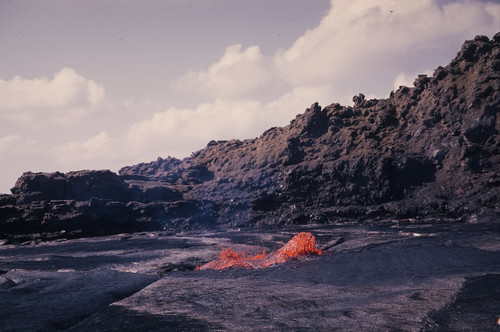
The lava lake at Erta’ Ale, Ethiopia. BGS © UKRI.
Indonesia
In Indonesia, we are supporting partnership development alongside the NSF-NERC and NERC Urgency Grant projects to understand eruptive processes and implications for tsunami initiation at Krakatau. This research is a collaboration between the BGS and:
- Institut Teknologi Bandung (Indonesia)
- University College London (UK)
- University of Birmingham (UK)
- University of Rhode Island (USA)
- University of Santa Cruz (USA)
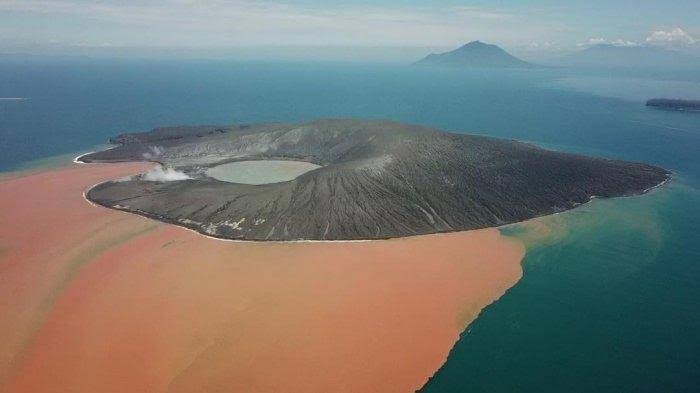
Anak Krakatau, 2018. © Pengguna:DriftingPangea/CC BY-SA.
Mexico
In Mexico, we are supporting partnership building for the Royal Society Newton Advanced Fellowship project ‘Quantitative characterisation of the rheology and transport-sedimentation mechanisms of debris flows‘ to better understand the hazard. This research is a collaboration between BGS, the University of San Luis Potosí and Heriot-Watt University.
St Vincent
In St Vincent, we are developing citizen science approaches with the Seismic Research Centre (SRC) of the University of the West Indies and the National Emergency Management Organisation (NEMO), based on evidence that this can contribute to risk reduction by raising awareness of environmental change and hazards.
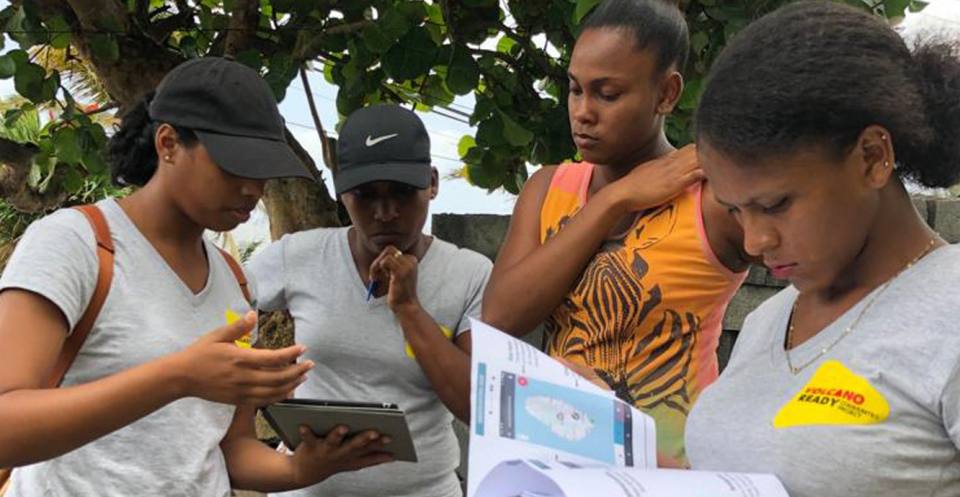
Citizen science in St Vincent. © Anna Hicks.
The Global Volcano Model
As part of our commitment to the Global Volcano Model GVM) network, we are contributing to and developing global databases as part of a vision for connected global data to enhance our understanding of relative risk around the world. Such data and evidence can support decision making and enable resources to be directed to areas most at need (Loughlin et al., 2015). Alongside the International Association of Volcanology and Chemistry of the Earth’s Interior (IAVCEI), the GVM network is supporting community discussions on enhancing understanding of volcanic risk.
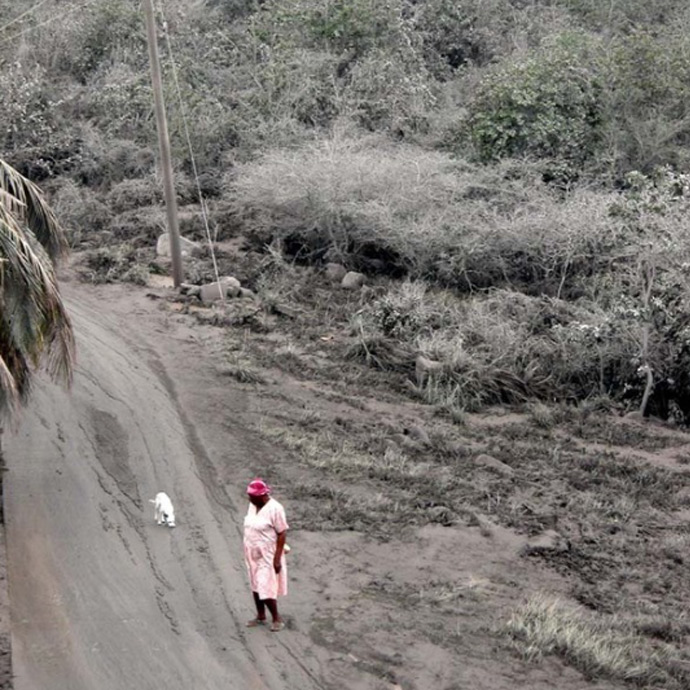
Living with Soufrière Hills Volcano, May 2006, Montserrat. BGS © UKRI.
Further reading
Loughlin, S C, Sparks, S, Brown, S K, Jenkins, S F, and Vye-Brown, C. 2015. Global Volcanic Hazards and Risk. (Cambridge, UK: Cmbridge University Press.)
Contact
If you want to discover more then please contact Charlotte Brown.
You may also be interested in
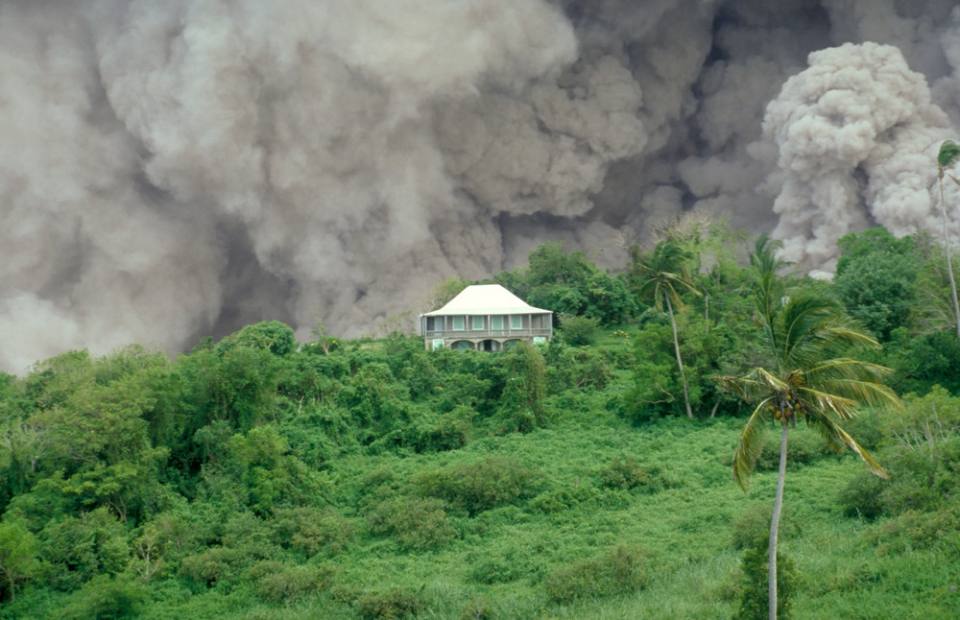
Global geological risk
Our research focuses on characterising complex, multi-hazard processes with the aim of improving resilience of communities to hazards.



